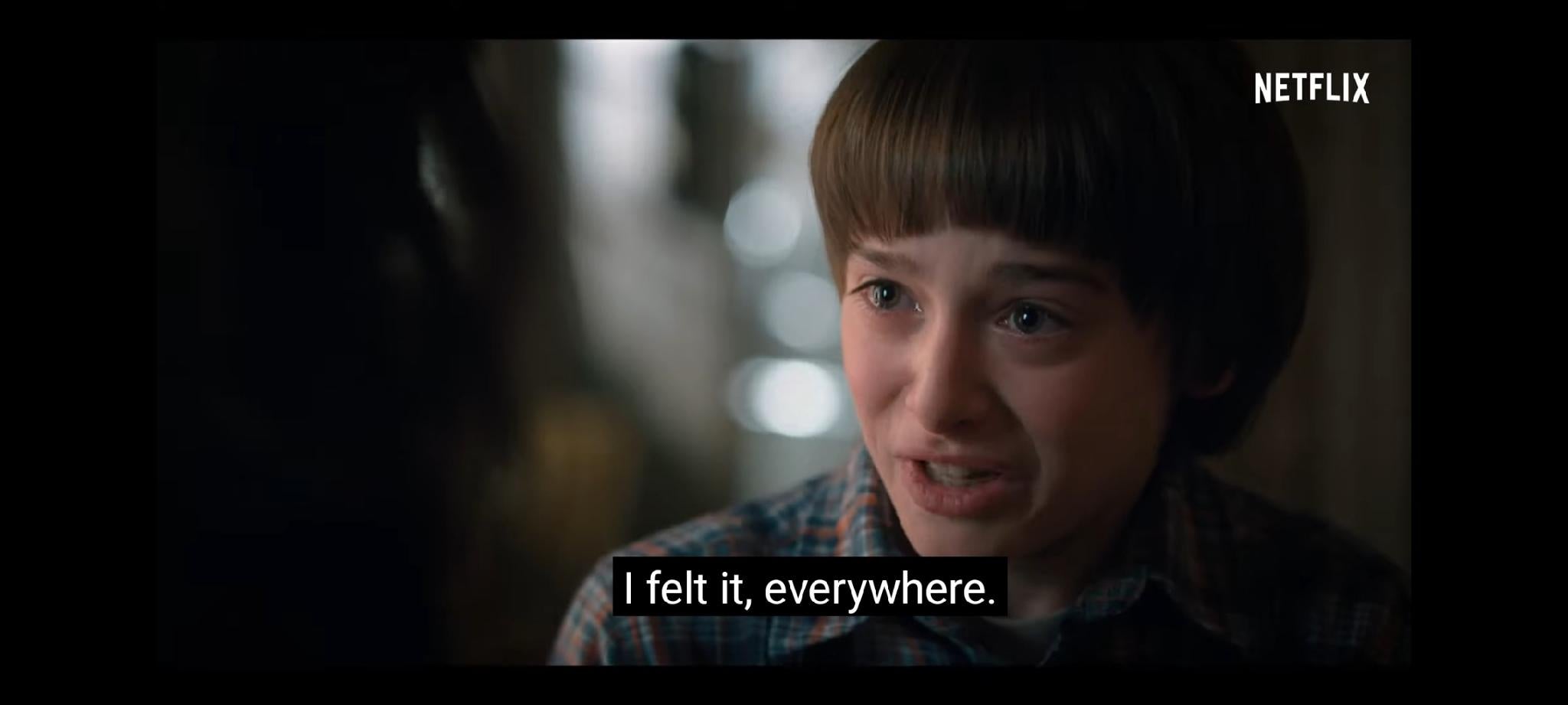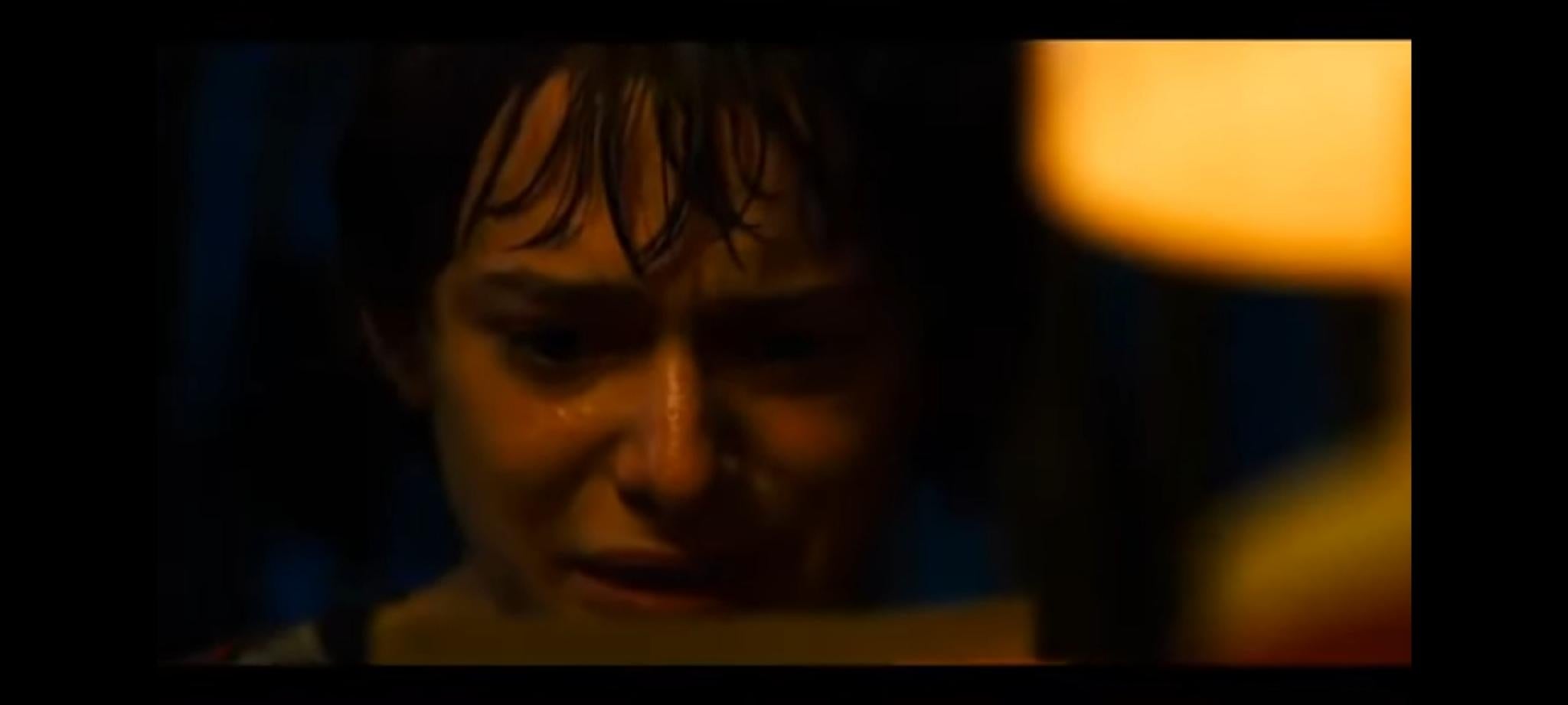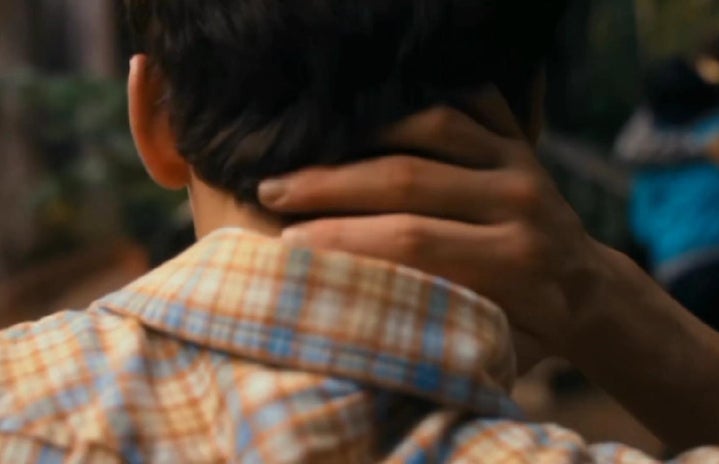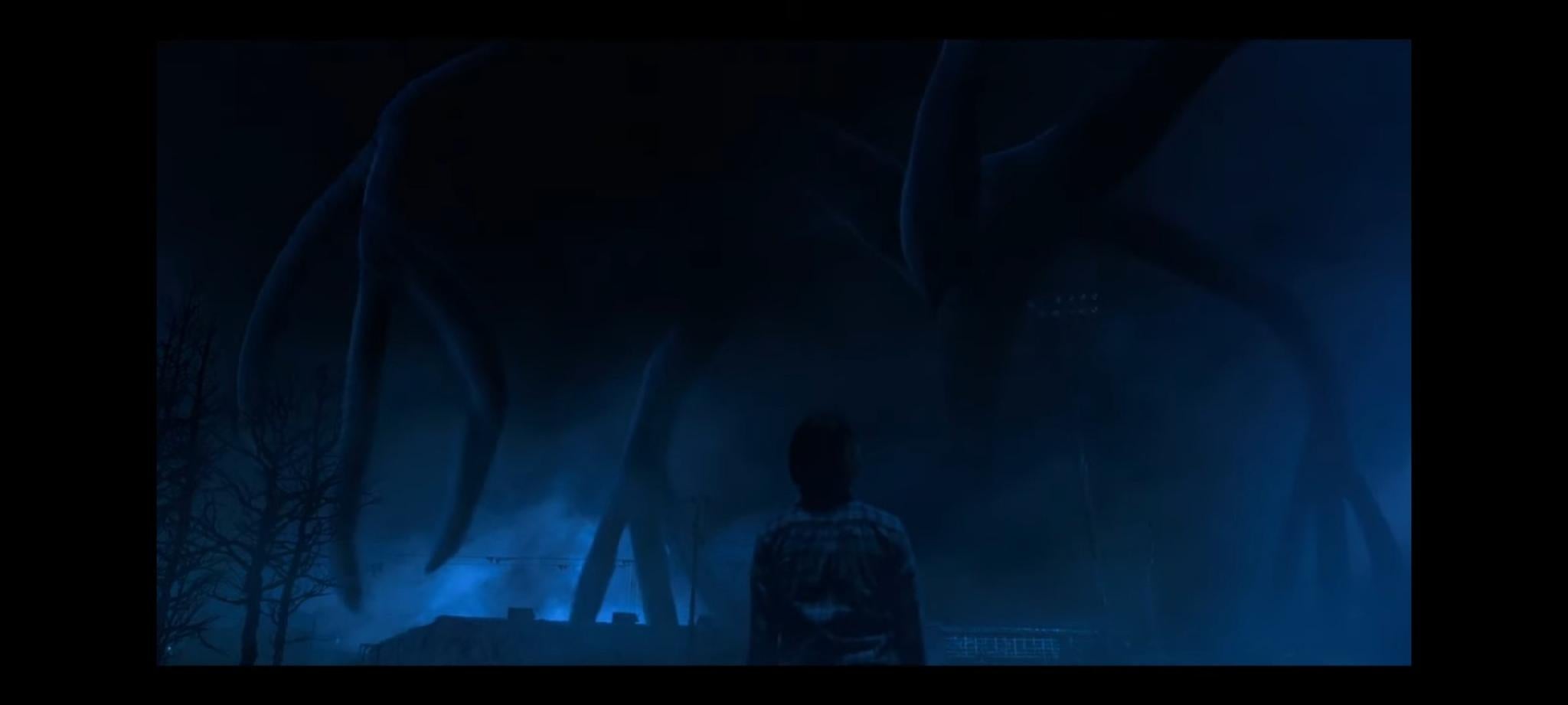It’s been six months since Netflix released the fourth season of the hit series Stranger Things. In that time frame, I have seen countless memes and edits critiquing one of the show’s core characters, Will Byers, who is portrayed by Noah Schnapp. Not only has this season stirred up suspicions and celebrations of Will’s sexuality, but it has also unveiled those who think Will’s character serves no purpose in the show following the first season. Many of these critiques point to Will being “annoying” and “whiney” in season 4. If you have seen Stranger Things 4, you know exactly what I am referring to. I am disappointed by the attitudes toward Will Byers. And yes, Stranger Things is a show created for entertainment, right? Undoubtedly the show is exciting for us to watch, but there are topics included in the show’s plot that have extremely important real-life implications. On the surface value, Will Byers introduced us to the dark and mysterious Upside Down, but he teaches us important lessons about trauma, loneliness, bullying, and societal acceptance. If you are unfamiliar with Stranger Things, I advise you to not read further if you want to avoid spoilers.
My Issue
The events following Will’s abduction and return are full of joy, friendship, and dreadful adventure for his friends and family. But for Will, his life becomes nothing more than a nightmare. While in the Upside Down, the creatures within it marked him, establishing a connection Will senses in his dimension. He experiences flashbacks, physical sensations of the alternate world, and worst of all there are moments in time when he is partially back in the destructive realm itself. Many of the experiences Will endures are very real, but they also symbolize issues that exist in our world, free from a hellish alternate dimension. This is why the criticism of Will bothers me so much. The boy survived a plethora of traumatizing and retraumatizing events, and viewers of the show simply want Will to “get over it.” “Getting over it” isn’t realistic. Will being scripted as the boy who wants to play games with his friends and not go out with girls is not an attempt to make him an “annoying” character who needs to grow up. He is working through trauma that no one else in his life truly could ever understand.
Real-World Implications
While people in our world are abducted by other people, the premise of being taken and thrust into a living nightmare resonates through the show’s plot. The entirety of this event leaves behind emotional scars on Will as he is completely on his own in an unknown place, and then he must return back to the life he once lived carrying this horrific experience. The American Psychological Association (2013) states that it is common for survivors of abduction to have readjustment issues when returning to normal life and fear the event happening again. Additionally, since there was originally a funeral held for Will (which wasn’t really Will), upon his return he was called “Zombie Boy” by his classmates. Not only is he returning to normal life feeling everything but normal, but on top of it, he is ridiculed for being different. He is the “weird kid” to everyone around him. This is a very relatable topic for many people as bullying negatively impacts more children and teenagers than we can imagine each year-around 1 in 5 children, and the rates are even higher among boys (National Bullying Prevention Center). Stranger Things depicted a very real issue with this storyline, and other people can connect to it.
As I mentioned previously, Will begins to have flashbacks from the Upside Down. While it creates cinematic value and provides more information on this mirror dimension, his flashbacks are also representative of a symptom of trauma (American Psychiatric Association, 2020). He is always reliving the nightmare, and all he wants to do is escape.
While originally believing it to be a manifestation of his imagination, Will begins to be terrorized by a new monster. During one of the encounters with a massive shadow creature in the Upside Down, he takes his mother’s boyfriend’s advice and stands up to this thing that has been stalking him. He works up the courage to be brave, and it ends up “possessing” him. Essentially, now this monster is in Will and can travel to his dimension. This is soul-crushing for Will because he tried his absolute best to be big and brave, to face his fears, and he ultimately felt defeated. To me, this is symbolic of trying to work through the emotions and realities following a traumatic event, but it isn’t easy to do and it takes time. Regardless, facing your fears as they relate to trauma and bullying is terrifying.
Following this possession, Will tearfully shares what happened with his mother. She is immediately appalled by what he is telling her about this giant shadow creature. Will states, “I felt it everywhere, everywhere. I still feel it. I just want this to be over.”

As a viewer, this was one of the most heartbreaking and chilling scenes to watch in the second season. This young boy is haunted by what has happened to him, and all he wants is for it to end, but it seems like it never will. As his mother, Joyce desperately wants to help, but she doesn’t know how. I think this is one of the most relatable aspects of the show in that we often don’t know how to help loved ones that are going through unimaginable pain. For them, the cycle of hurt seems like it’ll continue forever. He feels that he has to endure this burden alone.
Throughout season 2 and into season 3, Will’s friends move on very quickly from Will’s abduction. They do not forget about the abduction itself, but Will is no longer the focus, the monsters are. While his friends are trying to fight what is invading their world, Will is attempting to adjust back to normal life as an adolescent boy. He loves playing Dungeons and Dragons with his friends, but they no longer want to. His friends are now interested in girls and pursuing the secrets of Hawkins. Will and his best friend Mike Wheeler have an emotionally-fueled confrontation as Will is leaving his house after his friends ignore him during D&D. After Mike says that he’s not in the mood to play, Will exclaims, “Yeah, Mike, that’s the problem. You guys are never in the mood anymore. You’re ruining our party.” Throughout this fight, Will implies that the other boys being fixated on girls is ruining their friendship. In response, Mike shoots back, “It’s not my fault you don’t like girls.”

A crucial component of healing from trauma is to have social support (American Psychological Association, 2013), which Will does not have. Also, Will faces this sense of losing part of his childhood, and his friends don’t seem to understand.
In summary, Will Byers is one of the most well-written and dynamic characters in Stranger Things. Despite criticism from viewers, when Will is viewed as a human being rather than a catalyst for the show altogether, these important themes of trauma, loneliness, bullying, and societal acceptance emerge. All four seasons of Stranger Things have been a chapter in Will’s story and his journey to healing and finding himself. So no, Will Byers is not static, useless, or annoying, he illustrates the human condition and before we judge his coping, we need to remember that we are human, too.
References
https://www.apa.org/topics/trauma/hostage-kidnap
https://www.pacer.org/bullying/info/stats.asp
https://www.psychiatry.org/patients-families/ptsd/what-is-ptsd



